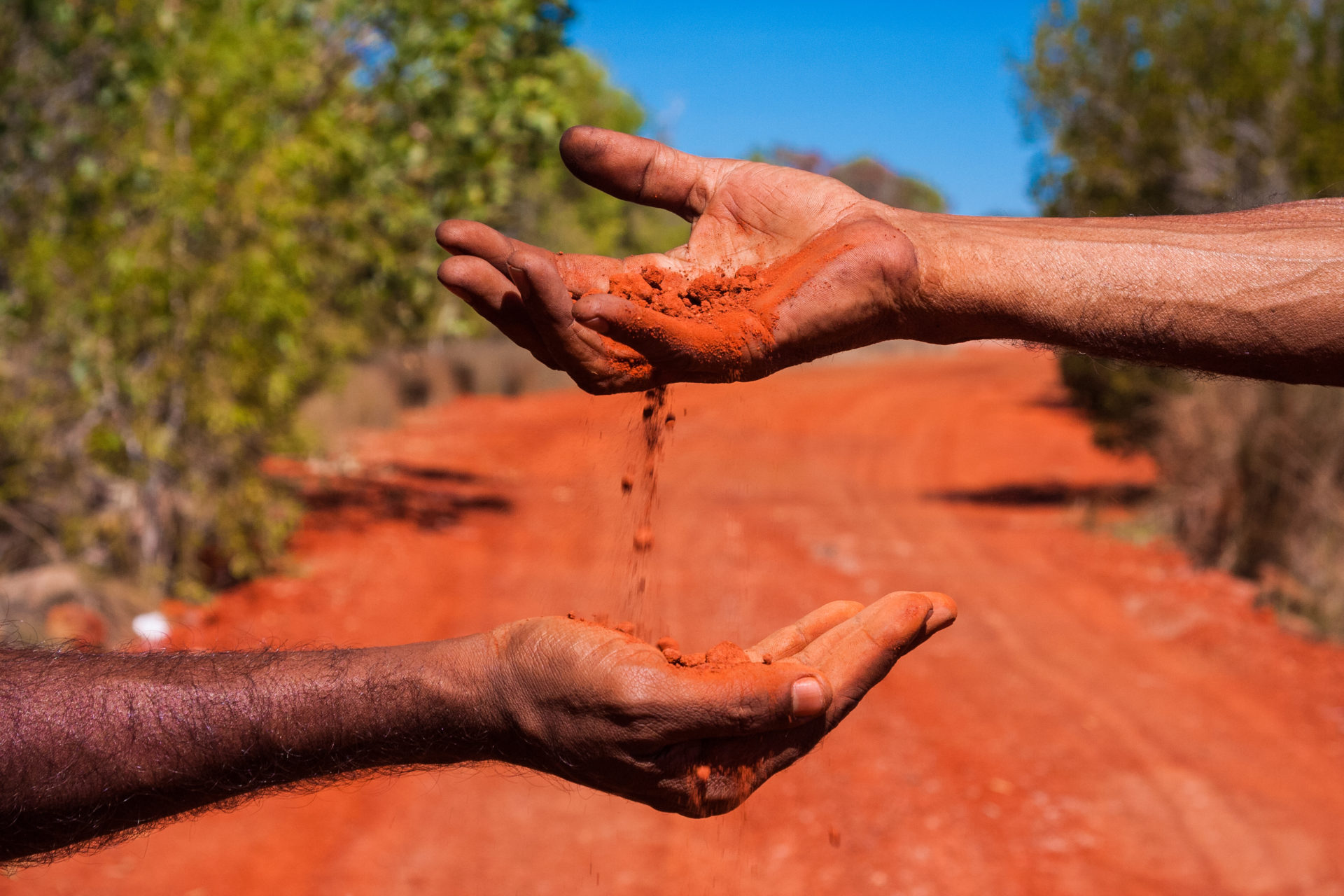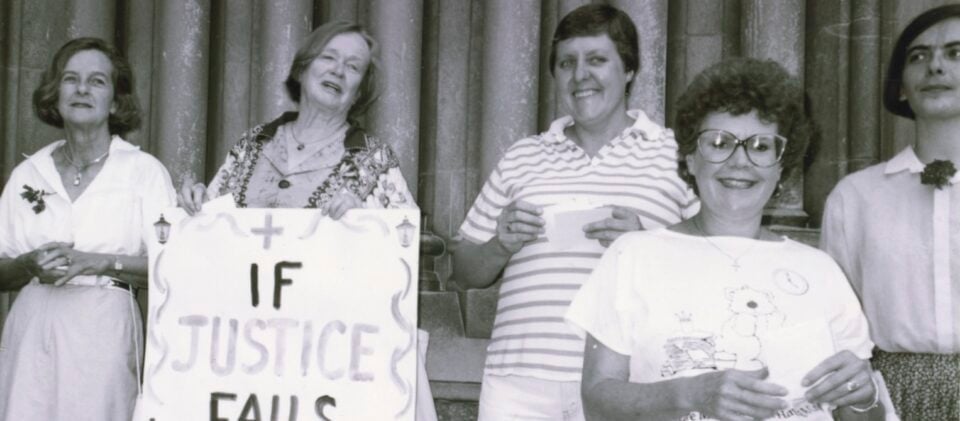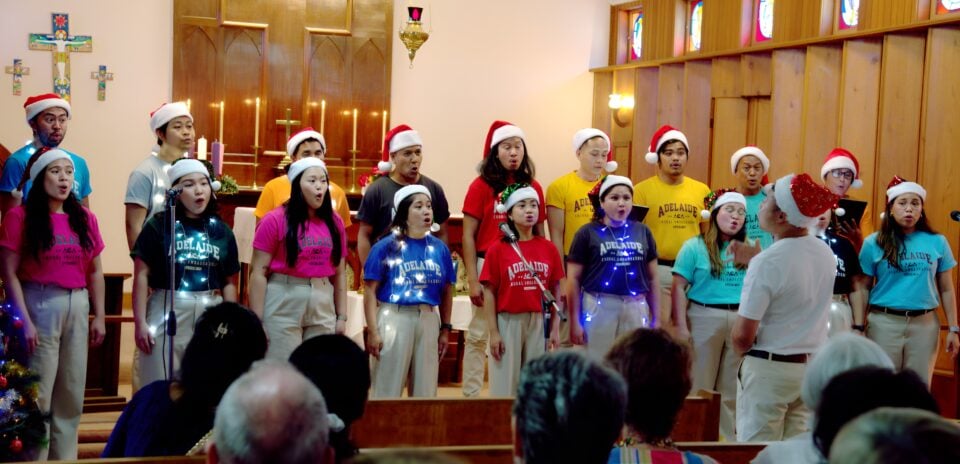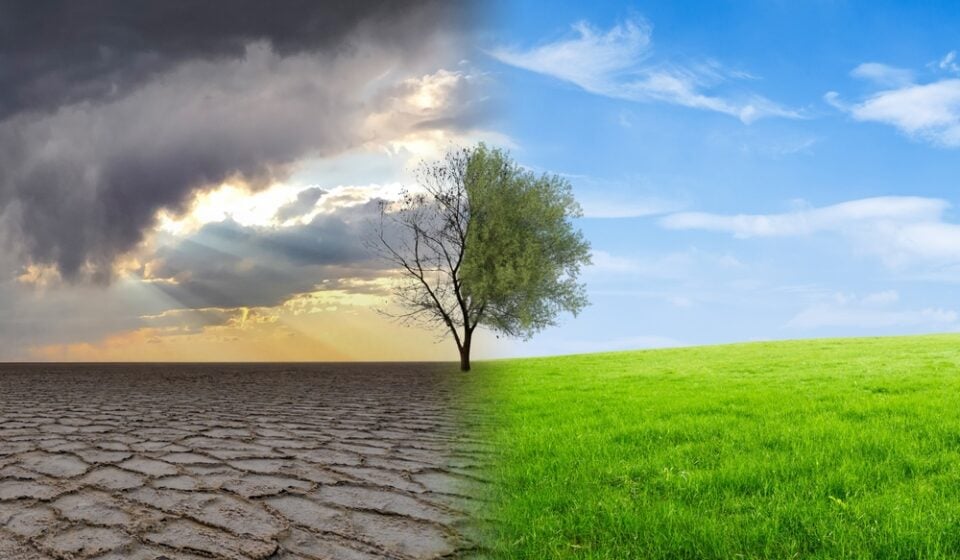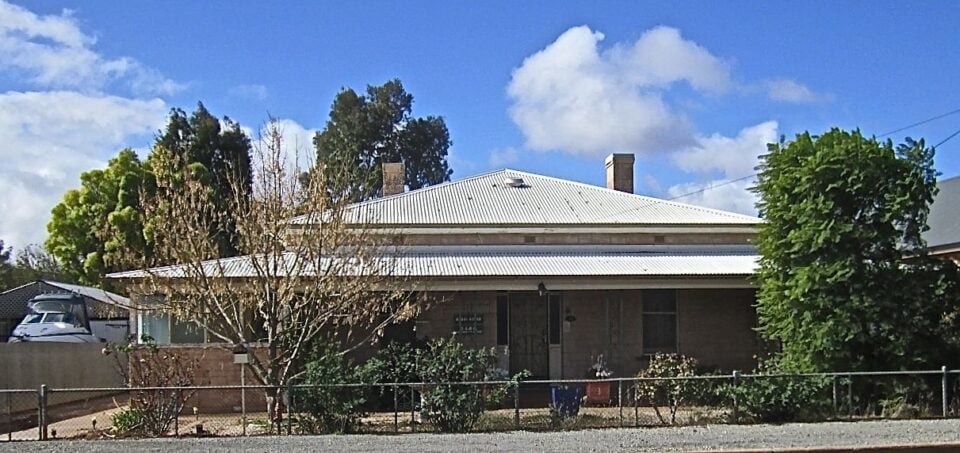By Vivien Bleby
Makaratta – a Yolngu word meaning ‘coming together after a conflict’. A word used in the ‘Uluru, Statement of the Heart’, released 26 May 2017 by delegates to an Aboriginal and Torres Strait Islander Referendum Convention
When confronted by aboriginal deaths in custody statistics, you may have heard said (or perhaps thought or said yourself) “Well if they didn’t break the law they wouldn’t be there”. You may wonder why this statement from Tony Abbott in 2014, “I guess our country owes its existence to a form of foreign investment by the British Government in the then un-settled or scarcely settled, great south land”, is so deeply painful to First Nations people. You may have been shocked by the speed at which the Statement from the Heart was rejected by the Federal Government in 2017.
As Anthony Trollope wrote in Barchester Towers: “Wise people, when they are in the wrong, always put themselves right by finding fault with the people against whom they have sinned.”
Anglicans for Makarrata has a desire to find practical ways to build relationships and support Aboriginal and Torres Islander peoples
Since 2015 a number of people within the Diocese of Adelaide have wanted to understand more about our history and have been exploring respectful ways to engage with Aboriginal and Torres Strait Islander peoples. The telling of our shared history, and acknowledgement of the historical truths about our treatment of Aboriginal and Torres Strait Islander peoples — including frontier wars, massacres, dispossession of children, land, and language, along with our inherent racism—is a tough subject and difficult to face. As people of faith who identify as Anglican, we are aware that our history shapes who we are, or who we think we are, and also shapes our theology.
And so this small number of people came together and became Anglicans for Makarrata. This group has a desire to find practical ways to build relationships and support Aboriginal and Torres Islander peoples because we have come to understand that reconciliation is about relationships, and that respectful relationships can only happen if they are founded on a shared true understanding of our history, culture and achievements.
In the past it is clear that Aboriginal and Torres Strait Islander peoples’ voices have rarely been heard, and so a growing desire to listen to these voices, with an attitude of equity, dignity, compassion and respect, has developed. We continue to seek to listen, and share the historical truths about the consequences of the treatment of Aboriginal and Torres Strait Islander peoples in Australia, as we walk together to heal the nation.
As Kev Carmody and Paul Kelly sang “from little things big things grow” and Anglicans for Makarrata has grown to an email group of more than 60 people across the Province.
Theemail group is managed by Jill Rivers from Anglicare and information is regularly sent about events, books, programs, resources and other opportunities that allow members to be better informed, with opportunities to listen and learn.
Over recent years members have been involved in a study from ‘Australians together’, and several groups have done or are doing the book-study ‘A Voice from the Wilderness’ from ABM. Both these studies have been insightful and life changing for many of those involved.
Attending Reconciliation Week events or NAIDOC week events together has allowed us to support each other as we move to interact with First Nations people here in Adelaide.
Anglicans for Makarrata also arrange around three face to face and/or zoom meetings a year. We have recently met at Plympton to hear from Brooke Prentice from Common Grace, on Truth and Treaty, and our next meeting will be with those who have walked the Larapinta Trail from Alice Springs with ABM.
Anglicans for Makarrata continues to seek out and publish current activities, resources and events that strengthen and support Anglicans’ committed towards Makarrata (coming together after a conflict) with First Nations peoples.
We pray: “Lord God, bring us together as a proud part of a shared national identity.”
